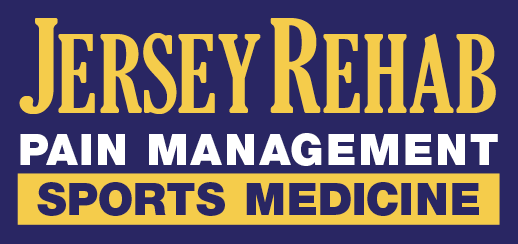Current Treatments and Management Strategies for Chronic Pain
Managing chronic pain is a multifaceted process that often requires a combination of treatments tailored to the individual’s needs. Current treatment strategies can be broadly categorized into pharmacological, non-pharmacological, and interventional approaches.
Pharmacological treatments include a variety of medications designed to alleviate pain. Nonsteroidal anti-inflammatory drugs (NSAIDs), acetaminophen, and opioids are commonly prescribed to manage pain. However, due to the risk of dependency and side effects, the use of opioids is generally limited and carefully monitored. Adjuvant medications such as antidepressants and anticonvulsants are also used to treat specific types of pain, especially neuropathic pain. These medications can help modulate pain signals and improve overall pain control.
Non-pharmacological treatments play a crucial role in managing chronic pain. Physical therapy is often recommended to improve mobility, strengthen muscles, and reduce pain. Techniques such as heat and cold therapy, massage, and hydrotherapy can also provide relief. Cognitive-behavioral therapy (CBT) is a valuable tool in helping patients manage the psychological aspects of chronic pain. CBT teaches coping strategies, stress management techniques, and ways to alter negative thought patterns associated with chronic pain.
Interventional treatments involve procedures that directly target the source of pain. These include injections such as corticosteroids and nerve blocks, which can provide significant relief for certain conditions. Radiofrequency ablation is another technique used to disrupt nerve signals and reduce pain. In severe cases, surgical options like spinal cord stimulators and intrathecal drug delivery systems may be considered.
Complementary and alternative therapies are also increasingly popular in chronic pain management. Acupuncture, chiropractic care, and herbal supplements are examples of treatments that many patients find beneficial. Mind-body practices such as yoga, tai chi, and meditation can enhance overall well-being and reduce pain perception.
Chronic Pain Management Strategies
Effective chronic pain management often requires a multidisciplinary approach. This means coordinating care among various healthcare providers to address all aspects of the condition. Regular follow-ups and adjustments to the treatment plan are essential to ensure optimal pain control and improve the patient’s quality of life. With advancements in medical research and a growing understanding of chronic pain, new and more effective treatments continue to emerge, offering hope to those affected by this challenging condition.
In conclusion, managing chronic pain requires a multifaceted approach, combining medications, non-pharmacological treatments, and interventional procedures. Effective management often involves a multidisciplinary team to address all aspects of the condition. Regular follow-ups and personalized adjustments to treatment plans are essential for optimal pain control and improved quality of life. With ongoing advancements in medical research, new and more effective treatments continue to emerge, offering hope to those affected by chronic pain.
